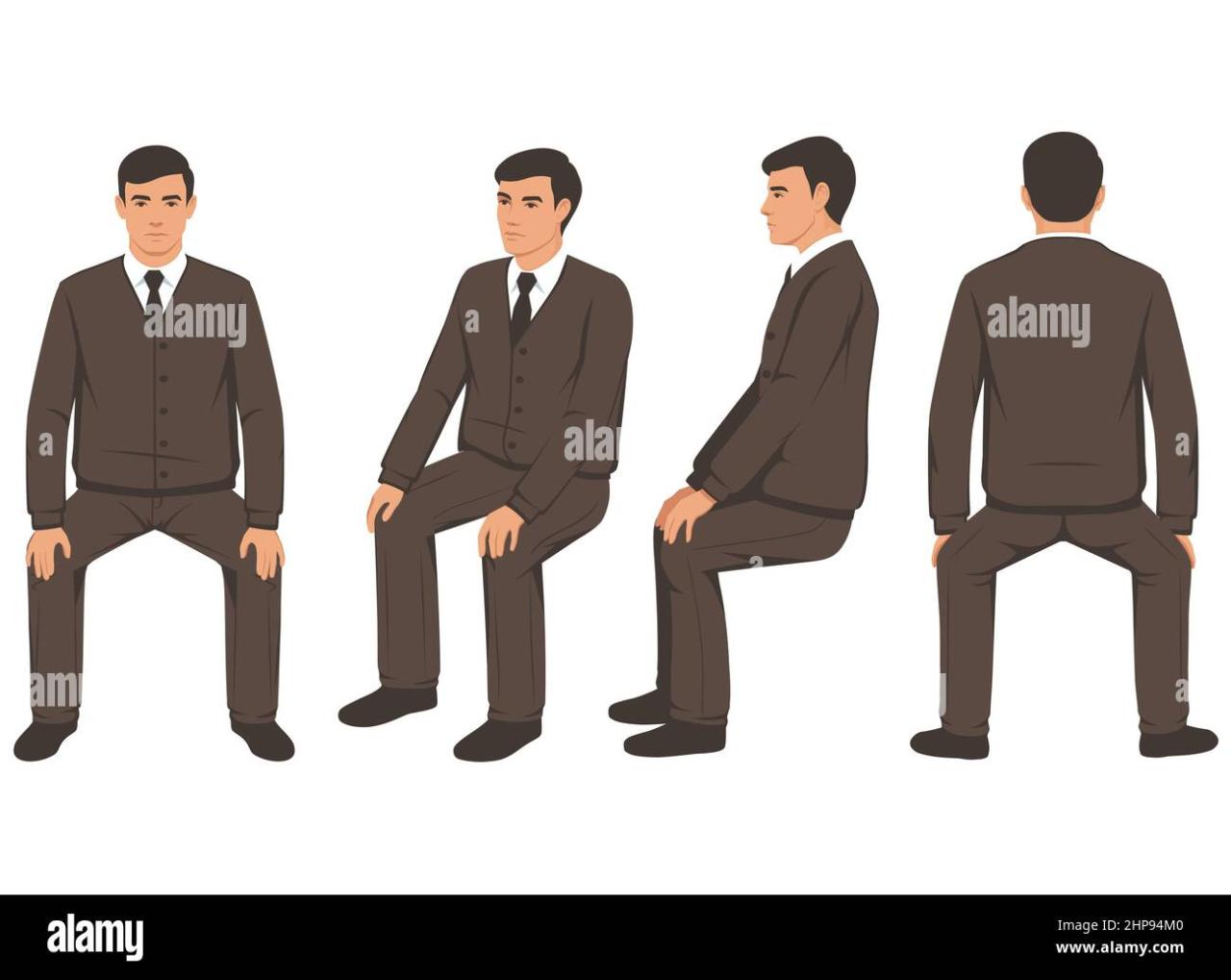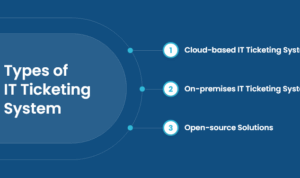Front stage tickets offer an exhilarating opportunity for fans to experience live events like never before, placing them right at the heart of the action. This unique access not only enhances the overall enjoyment but also creates lasting memories that stand out from ordinary concert or event experiences.
With front stage tickets, attendees can enjoy a more intimate connection with performers, fostering a sense of closeness and excitement that can’t be replicated from a distance. As we delve into this topic, we will explore the various benefits and considerations of obtaining these coveted tickets, ensuring you’re well-informed for your next adventure.
In today’s fast-paced world, the significance of effective communication cannot be overstated. Whether in a professional setting or in personal interactions, the ability to convey thoughts clearly and concisely can make all the difference in achieving desired outcomes. This article delves into the art of communication, exploring its various forms, the importance of active listening, and tips to enhance one’s communicative skills.
The Essence of Communication
Communication is not just about speaking; it encompasses a range of activities including listening, observing, and even the use of body language. According to the Merriam-Webster dictionary, communication is defined as “a process by which information is exchanged between individuals through a common system of symbols, signs, or behavior.” This multifaceted nature of communication is what makes it both complex and fascinating.
In the workplace, communication takes on several forms. It can be verbal, such as in meetings and presentations, or non-verbal through body language, facial expressions, and gestures. Furthermore, written communication, such as emails, reports, and proposals, plays an integral role in conveying information. Each of these forms has its own nuances and understanding them can greatly enhance one’s ability to communicate effectively.
The Importance of Active Listening
While speaking clearly is vital, equally important is the ability to listen actively. Active listening goes beyond just hearing the words of another person; it involves engaging with the speaker, understanding their message, and responding thoughtfully. This form of listening helps in building trust and rapport, which is essential for effective communication.To practice active listening, one should focus on the speaker without distractions, maintain eye contact, and use verbal affirmations like “I see” or “That makes sense.” After the speaker has finished talking, summarizing their points can help clarify and ensure understanding.
This not only shows respect for the speaker but also enhances the communicative exchange.
Barriers to Effective Communication
Despite its importance, many individuals encounter barriers that hinder effective communication. These can include physical barriers, such as distance and noise, as well as psychological barriers like biases and preconceived notions. Additionally, cultural differences can also pose significant challenges in communication, particularly in diverse environments.Overcoming these barriers involves being aware of one’s own communication style and being adaptable. For instance, in a multicultural workplace, being sensitive to different cultural norms can foster more productive interactions.
Moreover, adopting a clear and simple language can also help bridge communication gaps.
Tips for Improving Communication Skills
Improving communication skills is a continual process, and several strategies can be employed to enhance one’s abilities:
1. Practice Clarity and Conciseness
Using clear and straightforward language minimizes the chances of misunderstandings. Avoid jargon unless it’s commonly understood by the audience.
2. Be Mindful of Non-Verbal Signals

Body language plays a huge role in communication. Ensure that your gestures and expressions align with your verbal messages to avoid confusion.

3. Seek Feedback

Regularly asking for feedback on your communication style can provide insights into areas of improvement. It’s essential to be open to constructive criticism and use it as a learning opportunity.
4. Expand Your Vocabulary
A rich vocabulary allows for more precise expression of thoughts. Reading widely and learning new words can significantly enhance your verbal communication.
5. Engage in Conversations
Regularly participating in discussions helps hone your skills. Engaging with diverse groups can provide new perspectives and enhance your adaptability in various communicative situations.
The Role of Technology in Communication
In recent years, technology has transformed the landscape of communication. With the advent of social media, instant messaging, and video conferencing, connecting with others has become more accessible than ever. However, while these tools offer convenience, they also present unique challenges.Digital communication often lacks the nuances of face-to-face interaction. For instance, tone and emotion can be misinterpreted in written text.
Therefore, it’s essential to remain mindful of how messages may be perceived when using these platforms. To mitigate misunderstandings, consider using emojis or GIFs to convey emotion, or follow up with a voice or video call for more complex discussions.
Conclusion
Effective communication is an essential skill that transcends professional and personal boundaries. By understanding the various forms of communication, practicing active listening, overcoming barriers, and continually seeking to improve, individuals can enhance their ability to connect with others. As technology continues to evolve, adapting to digital communication methods while maintaining clarity and empathy will be critical in fostering meaningful interactions.In conclusion, whether you’re leading a team meeting, engaging in a casual conversation, or corresponding via email, remember that communication is a two-way street.
By being mindful of both what you say and how you listen, you can significantly improve your communication skills and, ultimately, your relationships with others.
Detailed FAQs
What are front stage tickets?
Front stage tickets provide fans with close access to performers during live events, often placing them right in front of the stage.
How can I purchase front stage tickets?
They can typically be bought through official event websites, ticket vendors, or sometimes through fan club pre-sales.
Are front stage tickets more expensive?
Yes, they often come at a premium price due to their exclusive access and limited availability.
Do front stage tickets guarantee a better experience?
While they enhance the experience by providing a closer view, personal enjoyment can also depend on individual preferences and the energy of the crowd.
Are there any age restrictions for front stage tickets?
This varies by event and venue, so it’s essential to check specific guidelines before purchasing.
















